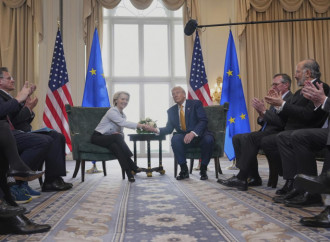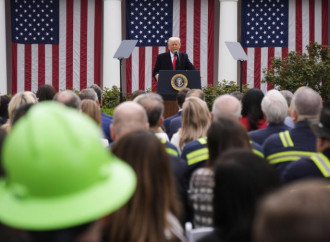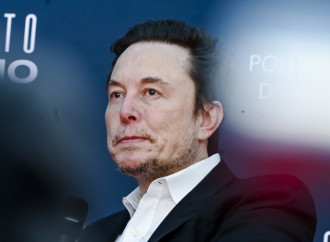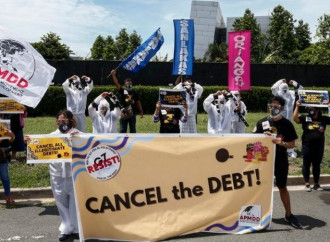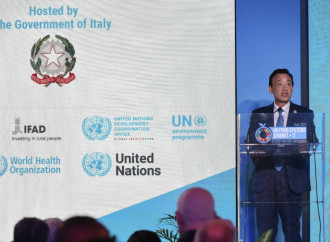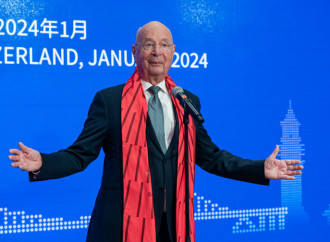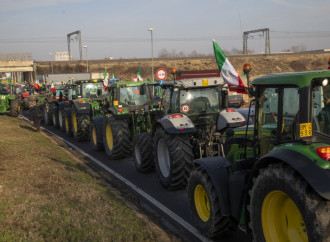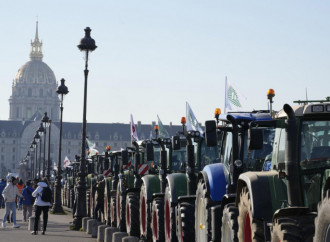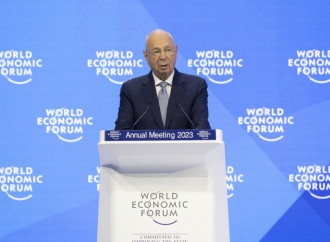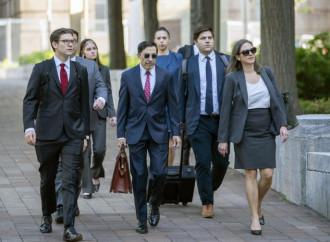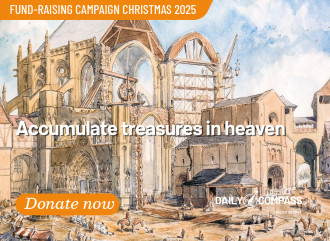The new gold rush is an eviction notice for the dollar system
Gold prices have more than doubled since the start of 2024 and recently reached a new all-time high of $4,400 per ounce. This explosive rise in gold is a direct result of the sharp erosion in the purchasing power of fiat money — money 'printed' by central banks.
Humiliation over Trump tariffs pushes Europe to change course
Von der Leyen has accepted a compromise that avoids a trade war but which represents a surrender for the EU, whose approach is overly technocratic and ideological. Nonetheless, this defeat could turn into an opportunity if Brussels revises its policies, starting with abandoning the Green Deal.
Trump uses tariffs to reduce trade deficit. Promoting exports was better
The new tariffs imposed by the Trump administration are aimed at reducing the record trade deficit. But the impact on markets is so severe, it would have been better to promote US exports.
Catholic Church needs the rich for its mission not pauperism
Money is not evil in itself, but a tool that, if used wisely, can be used to build good. Progressivism preaches a poor church just because it wants to replace it.
Musk’s US political rise fractures Great Reset framework
What role will ‘super-genius’ Elon Musk play in Trump's America? He might take revenge on those who had ostracised him, like the Davos world. But he will certainly take the opportunity to accelerate his most advanced projects. He can’t be described as a ‘white knight’, but reasonable optimism that he will counteract the Great Reset narrative in action is not misplaced either.
Pope’s call for cancelling poor countries debts rewards most corrupt governments
Cancelling the debt of the poorest states is one of the constants of solidarist thinking. But young Africans protest against corruption and oppose the indebtedness of their governments.
2030 Agenda: Zero Hunger goal is a failure
In 2015, the UN officially declared war on malnutrition, and in the face of billions allocated, the situation has even worsened according to the 2024 Food Security Report. Funding is not enough if the causes are neglected.
Schwab leaves, but the Davos Great Reset persists
Klaus Schwab's announcement that he is leaving the World Economic Forum should not delude us. He will remain in the wings: the Great Reset project theorised by the "Piper of Davos" is set to continue and will still do a lot of damage. Before it fails.
European Green Deal destroys agriculture and threatens the environment
Drastic cuts in pesticides, the extension of organic farming, and the reduction of cultivated land are measures aimed at a 'degrowth' that threatens the whole of society. Brussels must re-open a dialogue with the agricultural world.
EU attack against farmers is self-defeating
The agricultural sector not only ensures food security, but also absorbs four times the carbon dioxide it emits while protecting land. Yet, European institutions are heavily penalising farmers in the name of an illusory climate 'salvation'.
American journalist delves into Deep State maze
With his book Controligarchs, investigative journalist Seamus Bruner exposes the affairs and plots of foundations and philanthropic billionaires. Revealing how they want to condition our lives.
Google anti-trust trial decides Web’s future
Google is on trial for the first time in its history. The Web giant is accused of abusing its dominant position, accounting for 90% of online searches. The American judiciary aims to prove that it has violated anti-monopoly rules. The future of the Web depends on it.


